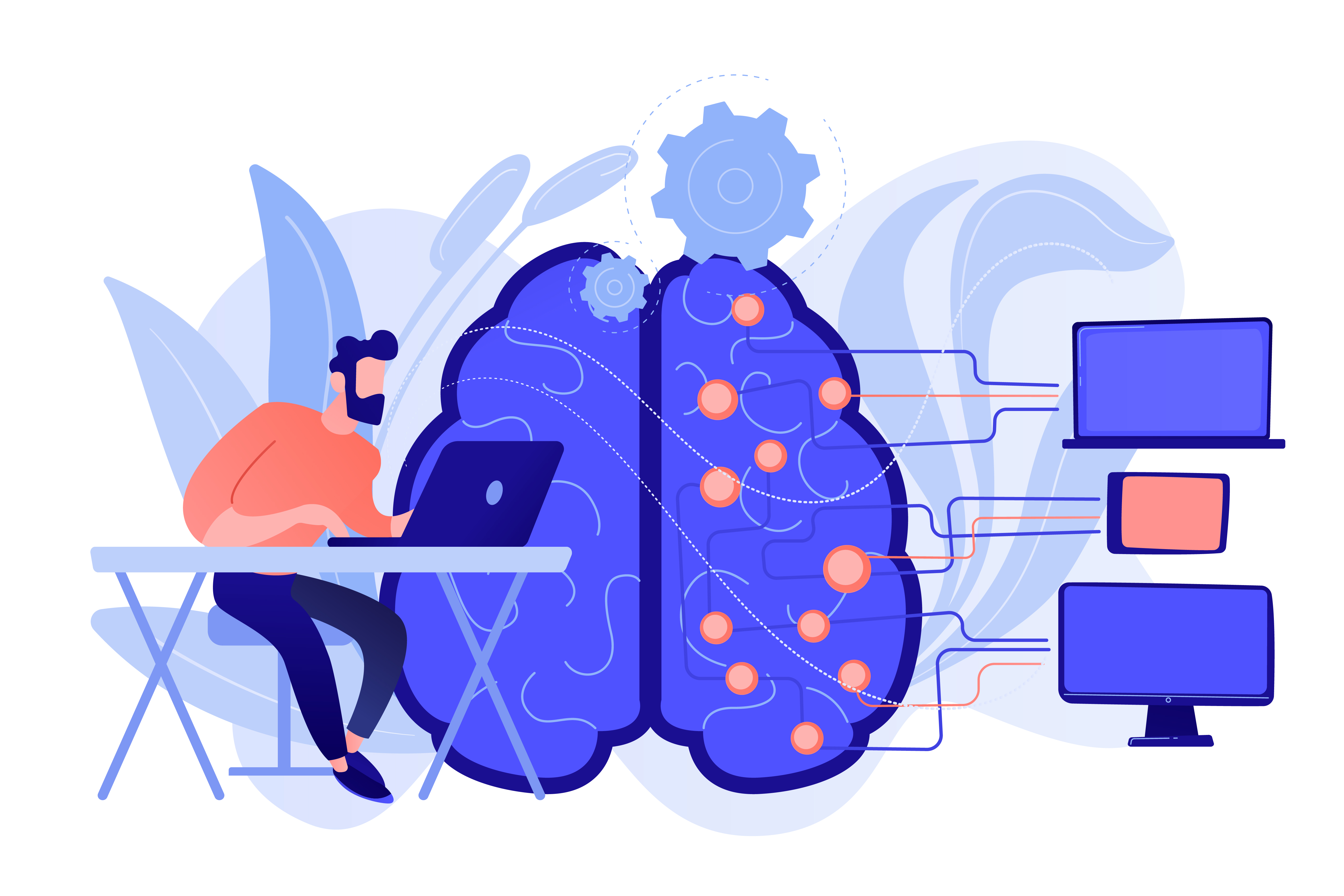Exploring Machine Learning Engineering for Production (MLOps) Online Course and Coursera
 Blog
Blog
In the ever-evolving world of technology, machine learning (ML) has emerged as a game-changer across industries. While building machine learning models is crucial, deploying them effectively in production environments is equally important. This is where Machine Learning Engineering for Production (MLOps) comes into play. If you’re looking to bridge the gap between ML model development and deployment, the Machine Learning Engineering for Production Online Course offers the perfect solution.
This course is designed to equip learners with the skills and tools needed to operationalize machine learning models, ensuring they are scalable, robust, and ready for real-world applications. Let’s dive into the details of this transformative course.
📌Skills with Coursera Machine Learning Engineering for Production (MLOps) Professional Certificate👩🏻💻
Why Learn MLOps?
1. The Future of Machine Learning
MLOps is a critical discipline that ensures machine learning models perform reliably in production environments.
2. High Demand for MLOps Engineers
With the rise of AI-driven solutions, organizations need professionals who can operationalize ML workflows effectively.
3. End-to-End Understanding
MLOps combines expertise in machine learning, software engineering, and DevOps, offering a comprehensive skill set.
4. Scalable Solutions
Learn how to build ML pipelines that scale seamlessly with increasing data and user demands.
5. Competitive Edge
MLOps skills set you apart in the job market, positioning you for lucrative career opportunities.
About the Machine Learning Engineering for Production Online Course
This course provides a deep dive into the tools, frameworks, and best practices required for deploying and managing machine learning models in production. It’s ideal for individuals who want to advance their ML expertise and understand the nuances of operationalizing models.
Key Features of the Course
1. Hands-On Experience
Work on practical projects that simulate real-world MLOps challenges.
2. Comprehensive Curriculum
Cover topics ranging from model deployment to monitoring and scaling ML systems.
3. Expert Instruction
Learn from industry leaders with extensive experience in machine learning and DevOps.
4. Cutting-Edge Tools
Gain proficiency in tools like Kubernetes, TensorFlow Extended (TFX), and MLflow.
5. Certification
Earn a certificate to showcase your expertise in machine learning engineering for production.
What Will You Learn?
1. Fundamentals of MLOps
Understand the key principles and practices of MLOps, including continuous integration and continuous deployment (CI/CD) for ML models.
2. Model Deployment
Learn how to deploy machine learning models in cloud and on-premise environments.
3. Building ML Pipelines
Master the art of creating automated pipelines for data preprocessing, model training, and validation.
4. Monitoring and Maintenance
Discover how to monitor model performance and retrain models to ensure they remain accurate over time.
5. Scalable Architectures
Understand how to design ML systems that scale efficiently with user and data growth.
6. Tools and Frameworks
Gain hands-on experience with tools like Docker, Kubernetes, and TFX for managing ML workflows.
7. Ethics and Compliance
Learn about responsible AI practices, including ethical considerations and regulatory compliance.
Who Should Enroll?
This course is designed for:
Machine Learning Engineers: Enhance your skills in deploying and managing models.
Data Scientists: Gain insights into operationalizing your ML projects.
Software Engineers: Learn how to integrate ML models into production systems.
IT Professionals: Understand the infrastructure requirements for hosting ML solutions.
Students and Enthusiasts: Build a strong foundation in MLOps and stay ahead in the field.
Benefits of Taking This Course
1. Industry-Relevant Skills
Master the tools and practices used by top companies to deploy machine learning models.
2. Practical Knowledge
Apply your learning to hands-on projects, ensuring you’re job-ready.
3. Career Advancement
Open doors to roles like MLOps Engineer, Machine Learning Engineer, or AI Engineer.
4. Flexible Learning
Study at your own pace with an online course tailored to busy schedules.
5. Recognized Certification
Earn a certificate that validates your expertise and enhances your professional profile.
Career Opportunities After Completing the Course
1. MLOps Engineer
Specialize in deploying, monitoring, and scaling machine learning systems.
2. Machine Learning Engineer
Develop and integrate ML models into production environments.
3. AI Engineer
Build intelligent systems that leverage advanced ML techniques.
4. Data Engineer
Design and manage data pipelines that feed into machine learning workflows.
5. DevOps Specialist
Apply DevOps principles to optimize the lifecycle of machine learning models.
How to Enroll
Step 1: Choose a Platform
The course is offered on leading e-learning platforms like Coursera, Udemy, or edX.
Step 2: Register
Sign up for the course to access the materials.
Step 3: Set Your Schedule
Plan your learning journey according to your availability.
Step 4: Engage Actively
Participate in lessons, quizzes, and projects to deepen your understanding.
Step 5: Earn Your Certificate
Complete the course and add the certification to your resume or LinkedIn profile.
FAQs
Q1: What is the focus of this course?
Answer: The course covers the principles and practices of MLOps, emphasizing how to deploy, monitor, and maintain machine learning models in production environments.
Q2: Who should take this course?
Answer: It’s designed for data scientists, machine learning engineers, and software developers looking to transition models from development to production effectively.
Q3: What topics are included in the curriculum?
Answer: Topics include model deployment strategies, CI/CD pipelines for ML, monitoring and maintaining models, data engineering for ML workflows, and scaling ML systems.
Q4: How long does the course take to complete?
Answer: It usually takes 4–6 weeks with a self-paced format, though this may vary based on the learner’s schedule.
Q5: Does the course provide practical experience?
Answer: Yes, the course includes hands-on projects, coding exercises, and real-world case studies to reinforce practical MLOps skills.
Q6: What certification is awarded after completion?
Answer: Learners receive a verified certificate from Coursera, which can be added to their LinkedIn profile and resume to demonstrate expertise in MLOps.
Q7: Is prior machine learning knowledge required?
Answer: Yes, basic knowledge of machine learning and programming is recommended.
Q8: How long does the course take?
Answer: Most learners complete the course in 8–10 weeks, depending on their pace.
Q9: Are there practical exercises?
Answer: Yes, the course includes hands-on projects and real-world scenarios.
Q10: Is the certification recognized?
Answer: Yes, certifications from reputable platforms are valued by employers.
Subscribe to my newsletter
Read articles from Blog directly inside your inbox. Subscribe to the newsletter, and don't miss out.
Written by
